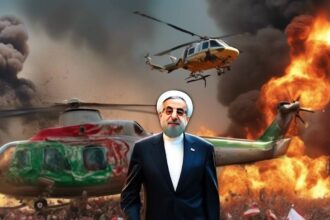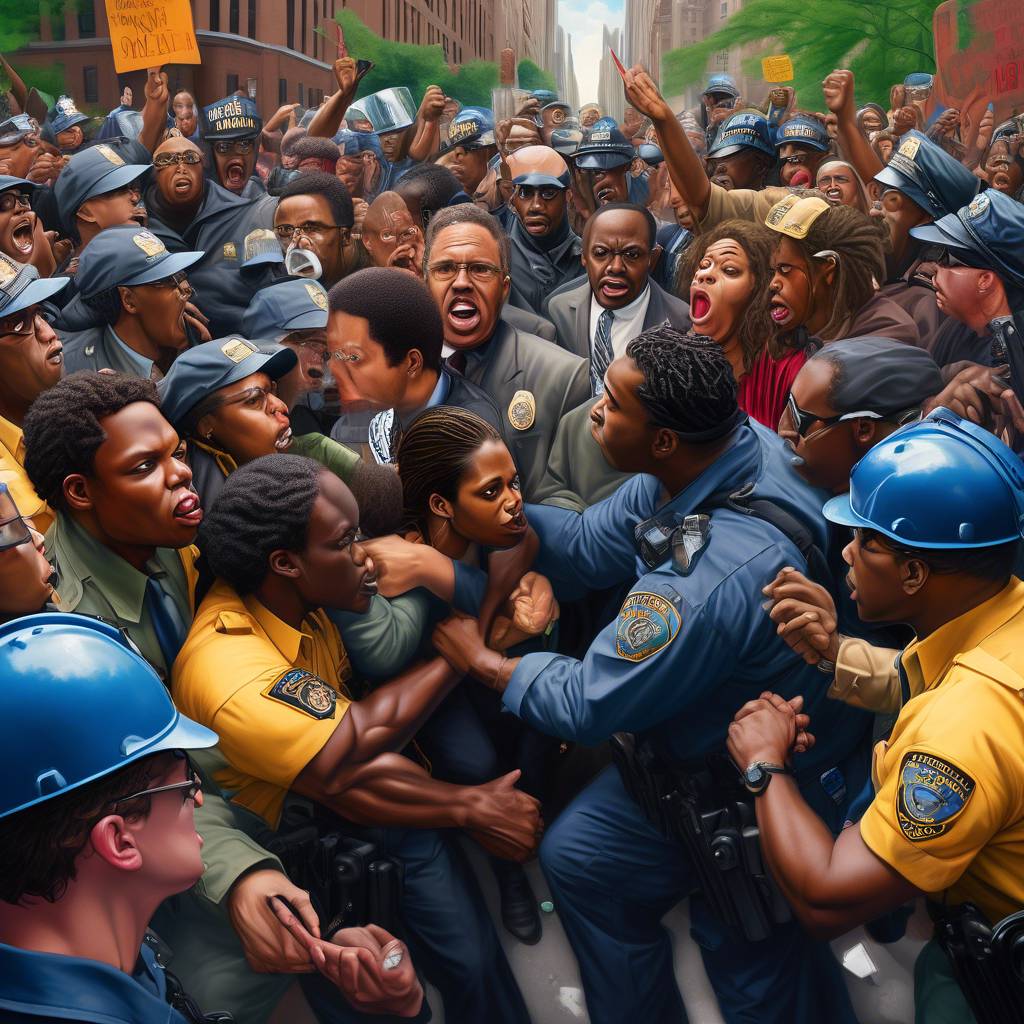Mahmoud Khalil, a prominent negotiator for student protesters at Columbia University, aimed to sever the institution’s financial ties with Israel. Despite offering draft agreements and counter proposals, Khalil realized that while the university was willing to negotiate on various issues, they were adamant about not discussing divestment. Columbia refused to commit to divestment, leading Khalil and other protesters to push for assurances from the university.
Protesters demanded more transparency regarding Columbia’s investments related to Israel and the conflict in Gaza. Only a small portion of the university’s endowment was publicly disclosed, and protesters identified holdings in companies linked to the conflict. While Columbia did not agree to completely open its books, they offered a process for accessing direct holdings and proposed initiatives to aid childhood development in the West Bank and Gaza. Khalil and his group presented another offer suggesting divesting from weapons manufacturing companies and those complicit in violating international law, only to face rejection from the university.
After Columbia threatened suspensions for protesters, Khalil and his co-negotiator walked out of negotiations, leading to the university declaring an end to the discussions. While Khalil was initially suspended and then reinstated, Columbia faced pressure from donors and protests surrounding its ties to Israel. Various universities had differing responses to student demands for divestment from companies linked to Israel, with some reaching agreements while others refused to negotiate.
Columbia has a history of student protests and divestment campaigns on various issues but has long maintained a different stance when it comes to Israel. Past efforts to push for divestment from Israel-linked companies at Columbia were met with opposition from university officials. Comparisons between Israel’s policies and apartheid in South Africa have sparked debate among advocacy groups, with Columbia’s student community divided on the issue of divestment.
Pressure from donors, external factors, and varying investment structures make it challenging for Columbia to divest fully from companies linked to Israel. The university’s president emphasized the commitment to free speech amidst the protests, highlighting the vulnerability of universities in such situations. Khalil, reflecting on negotiations, expressed contentment with not reaching an agreement, given the perceived lack of substance in the offers presented by the university. He now focuses on supporting Columbia’s Palestinian community and educating students about the Palestinian cause.









